The Message by Ta-Nehisi Coates
"'The Message' is well worth the read. One of America’s most important and gifted writers..."
The Message, Ta-Nehisi Coates’ fifth book, has arrived and its gorgeously crafted writings are incisive and provocative. In intertwined essays about his recent trips to three places — Senegal, South Carolina and Palestine — the award-winning author unravels the vital relationship between stories and our view of the world past and present. “History is not inert, but contains within it a story that implicates the present. And framed a certain way, a story can be told that justifies the present political order.” Hence his theme, that stories have untold power, both to keep unjust systems in power when myths are upheld and to promote humane solutions when truth is told.
Writing in Service of a Larger Goal
In the book’s first chapter, Coates uncovers the impetus for this book. He addresses a writing class he taught in summer 2022 at his alma mater Howard University, a school “founded to combat the long shadow of slavery — a shadow we understood had not yet retreated.” With that as context Coates notes his shared connection with these students, and how their practice of writing can never be “solely for the craft itself but must be in service of that larger emancipatory mandate … For you there be no real distance between writing and politics. And when I saw that in you, I saw myself.”
It was 1983 when his mother purchased a Sports Illustrated of his football heroes that a seven-year-old Coates first felt the urge for answers. There he read about Darryl Stingley, a wide receiver paralyzed during a violent collision in 1978. The incident changed football’s rules, but no calling out of the game’s inherent violence as culprit. Even at seven, Coates craved answers, even reading a biography about the Oakland Raider who hit Stingley and still getting no clarity. “You cannot act upon what you cannot see …There has to be something in you, something that hungers for clarity.” This experience began Coates’s quest for answers and urge to write. In the next three chapters about his travel, that relentless quest for clarity is on display.
Senegal to South Carolina to Palestine
Dakar, Senegal surprises him. He takes in its vivid and colorful modernity. “There was something steampunk about it all — the fusion of the traditions of the old and the machinery of the new.” But the profundity of having finally arrived in Africa astounds him. “I had somehow beaten history itself. I thought of all my exponential grandmothers taken from this side of the world and into the vast ocean … their frustrated dreams to get back home.”
In Columbia, South Carolina, Coates visits a teacher forced to drop his book Between the World and Me from her curriculum for its making some of her students “feel uncomfortable” and “ashamed to be Caucasian.” He laments this shrinking of America’s educational systems, “… how it all works not simply to misinform but to miseducate; not just to assure the right answers are memorized but that the wrong questions are never asked.” He details fascinating research into 19th-century “scholarship” that promulgated bogus scientific claims meant to support Blacks remaining enslaved and to foster their shame, and how seeing the Confederate flag during this visit finally triggers him. “Sometimes you are blessed with a moment where all the dissembling, all the shame, all the politesse are stripped and evil speaks with clarity. The clarity is a gift and we should listen close.”
Traveling to Palestine in 2023, he visits Jerusalem and the occupied territories, meeting activists, dissidents, old, young, Israelis and Palestinians alike. Tempered by his previous trips, he is struck very soon by the similarity between American Blacks and Palestinians, both kept in place by old myths and by being deprived of the chance to speak for themselves. Particularly Coates calls out the common tendency to frame oppression as a necessary evil. “The status and pageantry can fool you. They look like symbols of wars long settled and on behalf of men long dead. But their Redemption is not about honoring a past. It’s about killing a future.”
One of America’s Most Gifted Writers
In the end, Coates describes writing as about more than words. “All our conversations of technique, of rhythm and metaphor, ultimately come down to this — to the stories we tell, to the need to haunt, which is to say to make people feel all that is now at stake.” In a world with much at stake, he urges us not to settle for other people’s myths and stories or even our own, but to “require another standard — one that sees the sharpening of our writing as the sharpening of our quality of light.”
The Message is well worth the read. One of America’s most important and gifted writers offers us a quality of light that will illuminate our views, making us ponder the values shaping our world, discard the stories that no longer serve for good, and implement more just solutions for all.
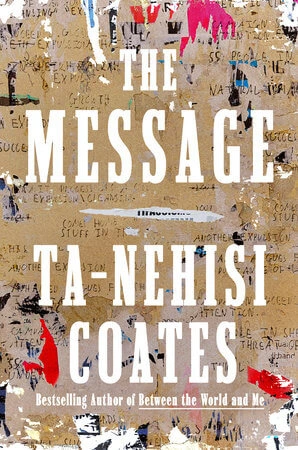
Publish Date: 10/1/2024
Genre: Nonfiction
Author: Ta-Nehisi Coates
Page Count: 256 pages
Publisher: One World
ISBN: 9780593230381



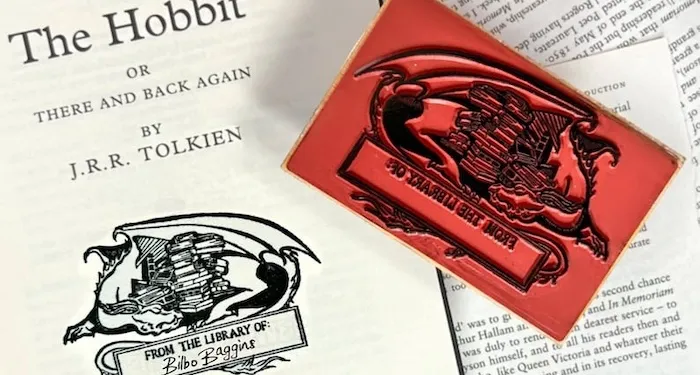

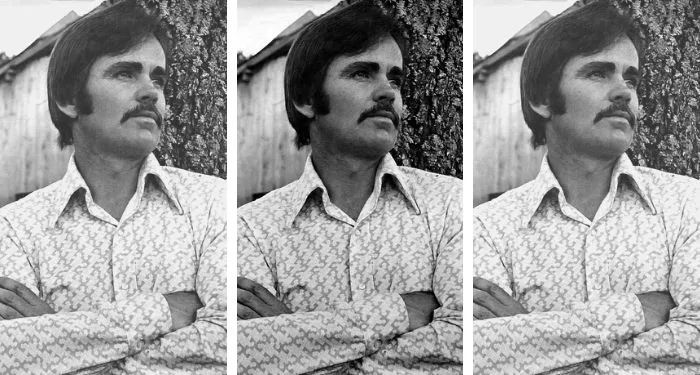



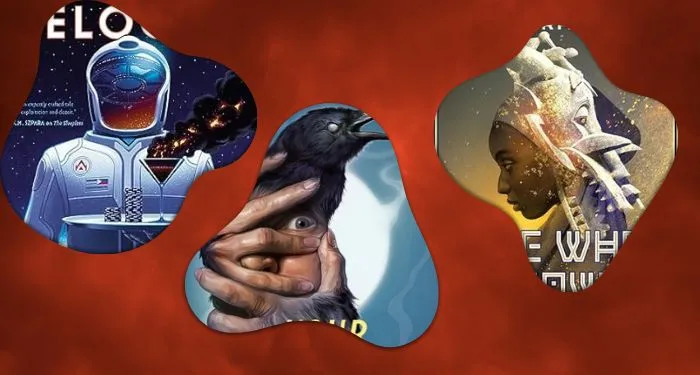
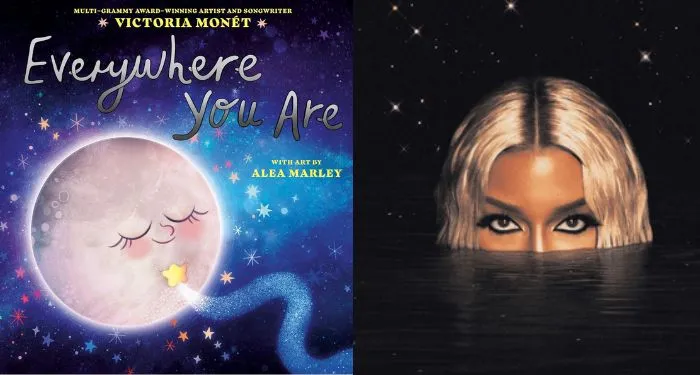








 English (US) ·
English (US) ·